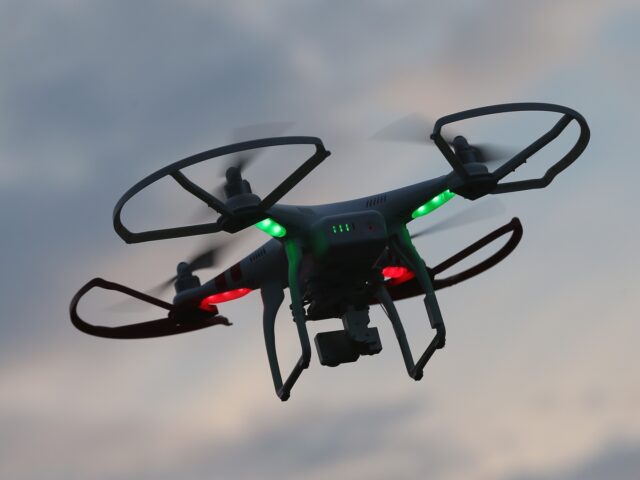Drones will be deployed in a Dutch municipality to monitor whether people’s homes meet zoning regulations, monitor construction sites, and protected wildlife areas.
The Dutch municipality of Deventer has been accused of wanting to usher in an Orwellian society after it revealed plans to use drones to monitor compliance with local laws such as zoning regulations or even wildlife protection.
Mayor Ron König defended the plan, saying: “We don’t make videos and no one who comes into the picture is recognisable,” claiming that drones would be used in limited instances such as monitoring the construction of buildings.
“That’s very useful in the city because you have big buildings there. If you want to supervise in the normal way, you sometimes have to build risers or rent aerial work platforms. It’s much more convenient and efficient to deploy drones.”
König said that drones could also be deployed to watch over protected nature areas, explaining: “Deventer has a large outdoor area. For example, with a drone we can see if illegal logging is not taking place.”
He attempted to downplay fears that the government would use such technology to spy on the citizenry, saying: “We don’t look at people in their personal spheres of life. We check the zoning plan. We’re not looking for what people all do.”
The move has been criticised by privacy groups as well as the leader of the populist pro-farmer BBB party, Caroline van der Plas, who said of the plans: “Big Brother is watching you”.
Van der Plas’s party rocked the nation last week when they swept to first place in the provincial elections on the backs of a farmer-led tractor protest movement and widespread resentment of the globalist coalition government of Prime Minister Mark Rutte attempting to impose EU green agenda regulations including limits on farmers using nitrogen fertilisers on their fields.
The opposition to the drone programme from the BBB leader may therefore be over concerns that it could potentially be used to monitor farmers and to enforce the EU regulations at a local level.
The Dutch municipality is not alone in trying to use advanced technology in enforcing zoning laws and regulations, with French tax officials using Artificial Intelligence last year to scan properties in nine of the nation’s local administrative departments to see if people had undeclared additions to their homes, such as swimming pools.
The government said that it expected to rake in an additional 10 million euros in property taxes through AI scanning of properties.
Follow Kurt Zindulka on Twitter here @KurtZindulka

COMMENTS
Please let us know if you're having issues with commenting.